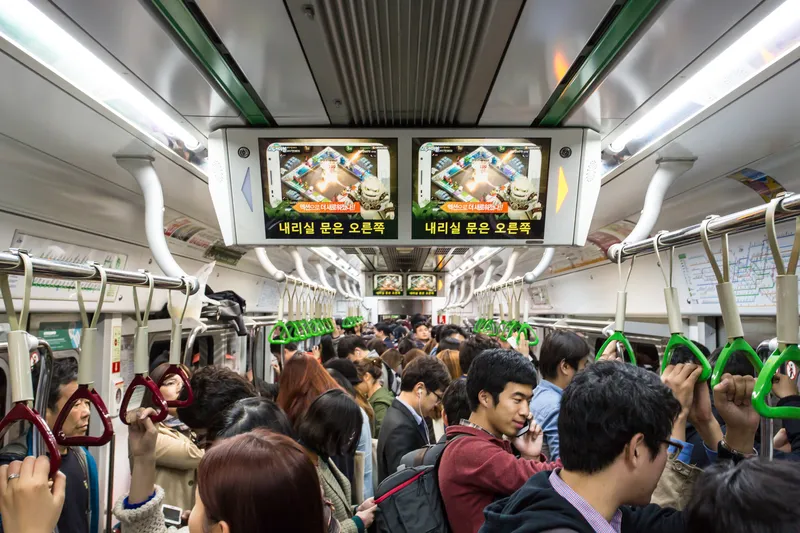
Caltrans - the California Department of Transportation - is to award $206 million for 149 transportation projects designed to reduce pollution in the US state.
The money comes through the Low Carbon Transit Operation Program (LCTOP), which is funded by the Greenhouse Gas Reduction fund and is part of California Climate Investments.
This statewide programme allocates cap-and-trade dollars - in essence, a system to encourage private investment in green projects, with the aim of leading to an overall reduction in emissions.
In the last decade, LCTOP has provided over $1 billion for 1,400 projects, ranging from mass transit expansion and purchase of zero-emission vehicles to support of free or reduced transit fares. Caltrans says 96% of this funding has gone to disadvantaged and low-income communities.
“Thanks to California’s cap-and-trade programme, more clean transit is coming to communities impacted most by pollution. With more than $1 billion invested in clean transit in our communities, we’re bettering the health and day-to-day lives of countless Californians," says state governor Gavin Newsom.
“Caltrans is investing in transit services and infrastructure improvements to enhance and increase travel options in local, disadvantaged communities and help combat climate change,” said Caltrans director Tony Tavares.
Where is LCTOP funding going?
Projects that will benefit include:
Los Angeles County Metropolitan Transportation Authority – Metro E-Line Operations: $51.3 million for operations benefitting Metro’s E Line light rail service. The new and expanded transit line serves 29 stations and operates 7 days a week.
San Francisco Municipal Transportation Agency – Free Muni for seniors, people with disabilities and youth: $18 million to operate the Free Muni programme that reduces or eliminates Muni fares for seniors, people with disabilities and youth.
Orange County Transportation Authority – 40 Hydrogen Fuel Cell Electric Bus Project: $10.3 million to purchase vehicles in support of the agency's transition to a zero-emission fleet.
Click here for the full list.







